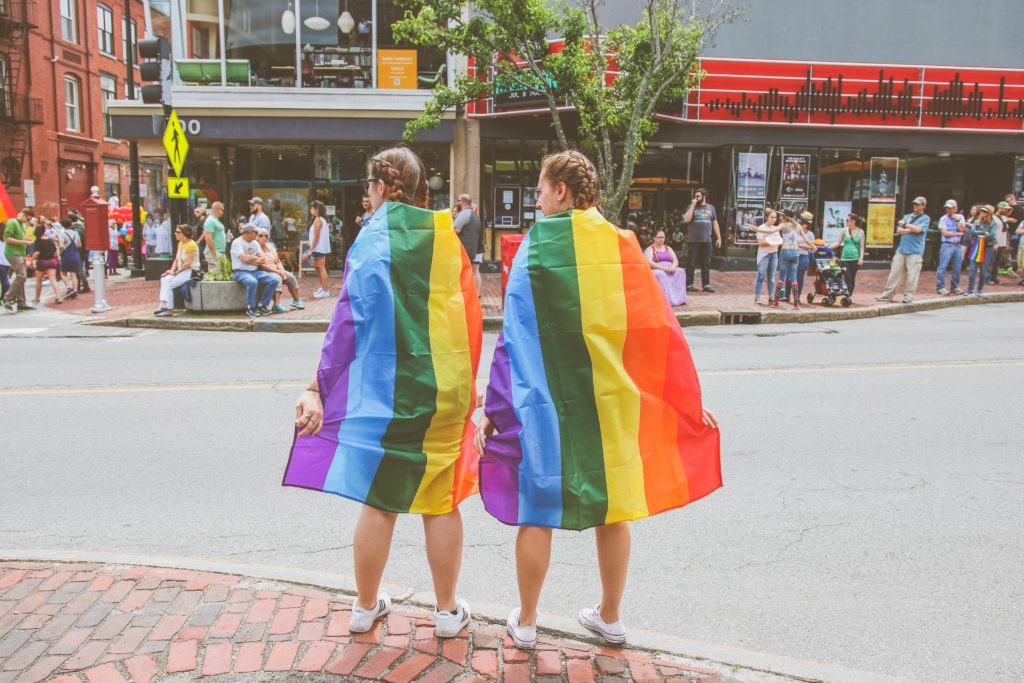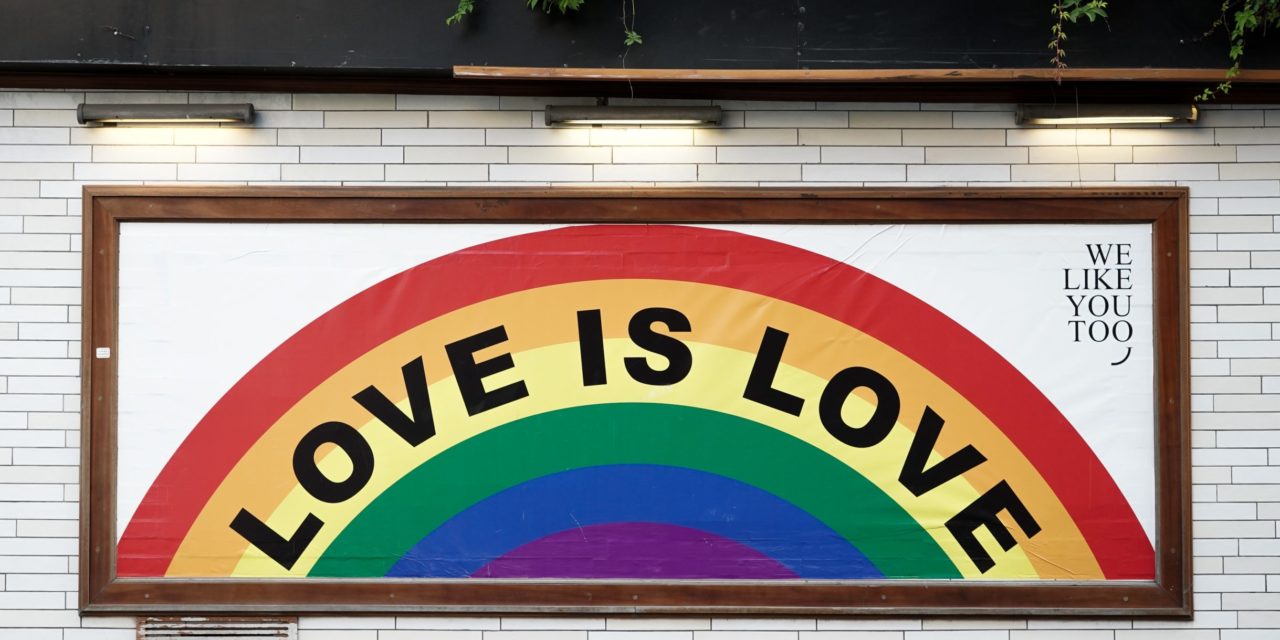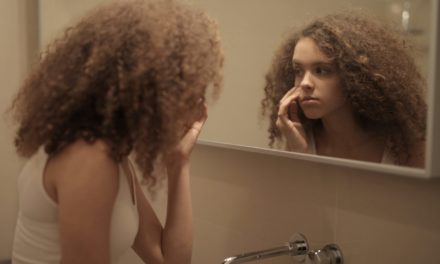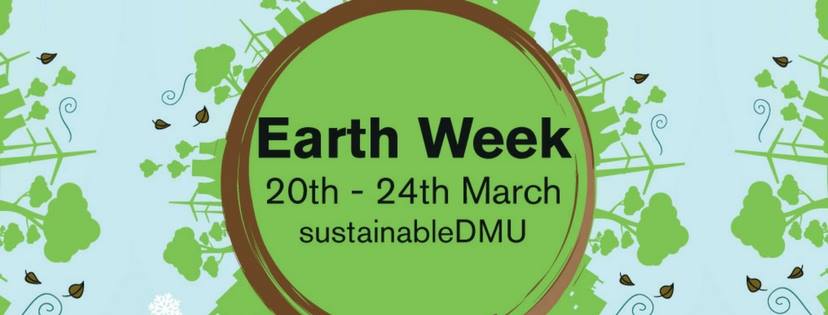Several dictionaries have defined “love”, yet they feel a bit limiting. They remind me of diagnostics carried out by doctors: “If you show these symptoms… you are in love”. How is it possible to have an external entity defining such an intimate concept, subject to one’s experiences?
Growing up, there was certainly a different idea of love in our minds because children usually lack tools to construct solid concepts of complex and abstract ideas, such as love. Only when we start to learn to explore our individuality these shallow ideas start to crumble, allowing deeper reflections.
Amy Reynolds, 20, Chairperson of the Acapella society, said she believes her idea of love has evolved because of her personal journey of getting to know and accept herself.
“I thought I could only be with a guy and I did not like that idea. I did not like the idea of love because I did not want to be with a guy, but I felt like I had to.
“But then I learned to accept myself and realised that it is the same for everyone, boys and girls.”
During February there will be numerous celebrations of this idea of love, acceptance, and support for one another since it is the LGBTQ+ History Month. Pride, a predominantly western celebration, will paint UK’s streets with seven special colours, throughout this month.
“Pride is celebrating that we get to love each other,” said Reynolds: “People are more aware (of LGBTQ+ people) because of pride. It is being normalised, which is a good thing.”

However, despite seeing great progress in the last 50 years, there are still obstacles it faces every year.
Shaikha Rahimi, 18, Journalism and International Relations student said for her, there were two ways of celebrating love which, sadly, are still not seen as equal.
“My brain just divided between Valentine’s Day and Pride, because people just celebrate Valentine’s Day as if it was anything, like New Year or something.
“But, with Pride, you always have some kind of hate being spread even if you do not want it to be like that.”
#DMUPride, a six-year-old DMU program, puts together activities, performances, and talks across Leicester to raise awareness to LGBTQ+ History and struggles.
It was considered by all interviewed students a good initiative that normalises difference.
Chris Harris, 28, Chairperson for LGBTQ+ society said: “From what I have seen in other universities, we are at a very good standard.
“#DMUPride is a very good start because it is led by staff members of DMU and DSU, which is quite an important thing.”
Harris said #DMUPride is a month’s worth of celebrations and awareness that, unlike other big campaigns “does not just end.”
“DMU, as an institute, I feel, is incredibly good with their track record of LGBTQ+ respect. There is always room for improvement, and at the moment is in the gender spectrum.“But, there is a lot of staff behind every aspect of LGBT, willing to put in the effort.”





